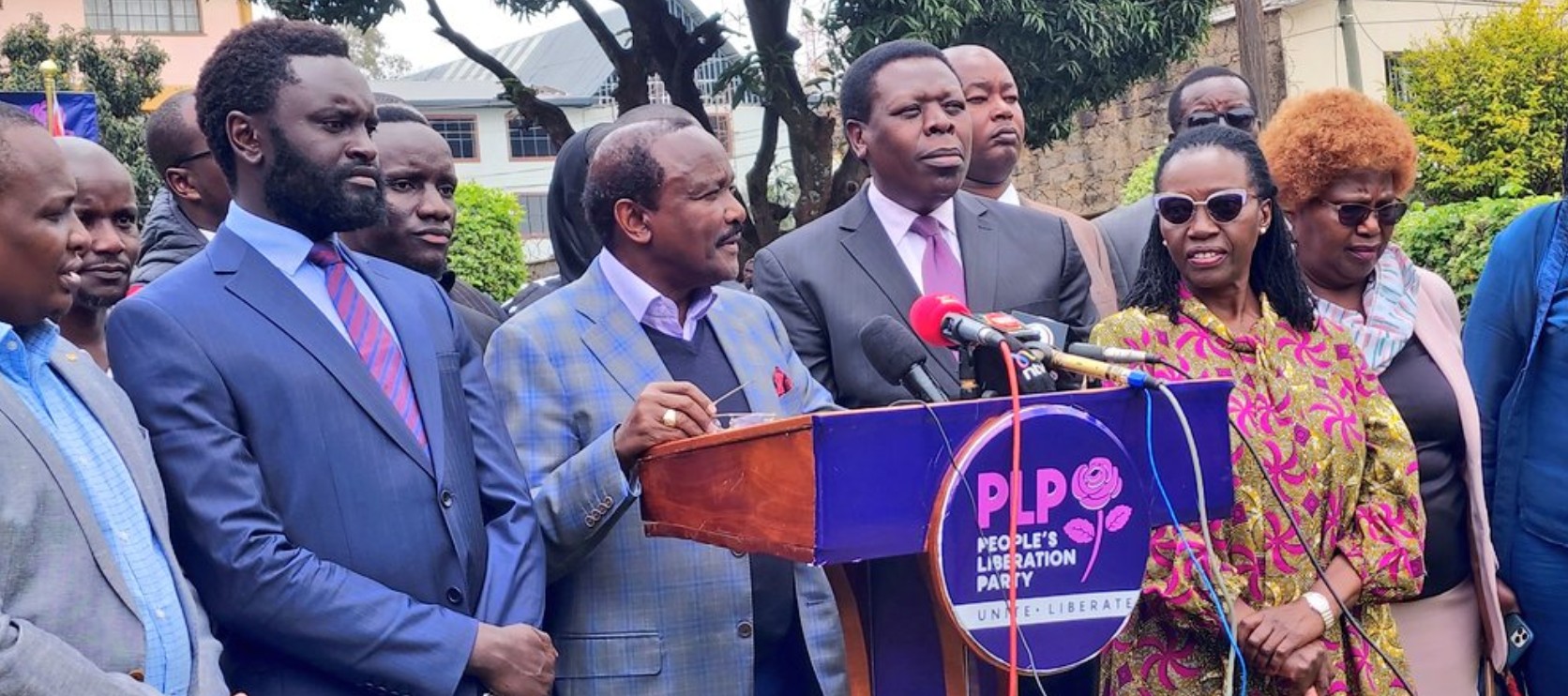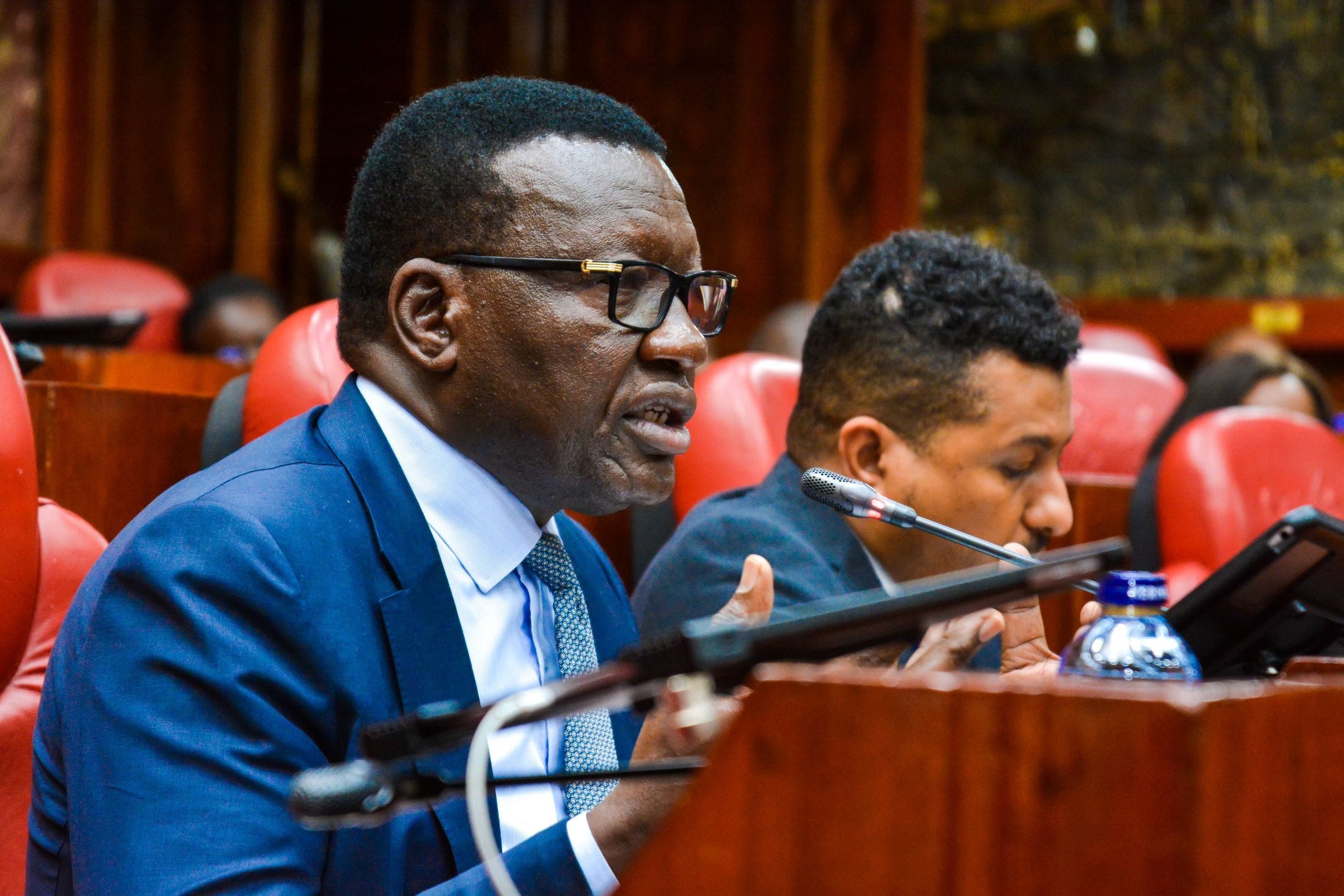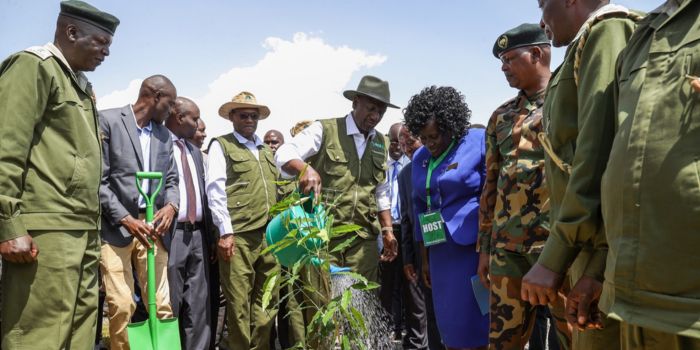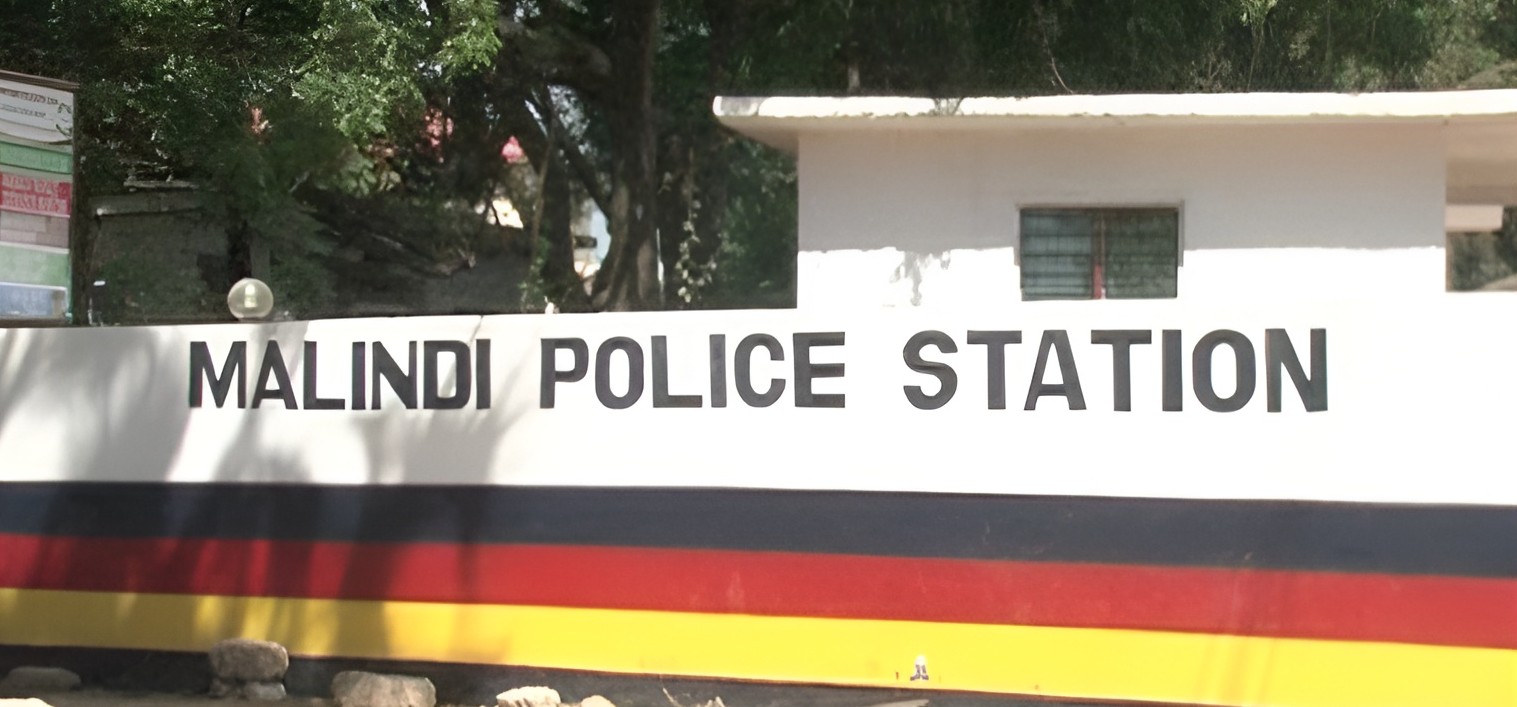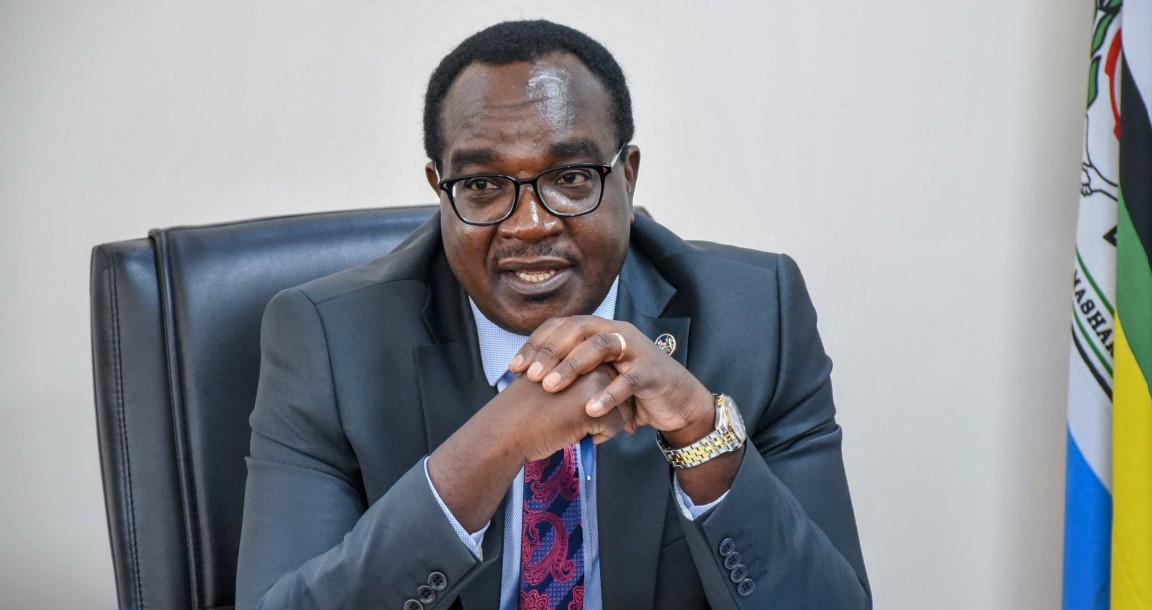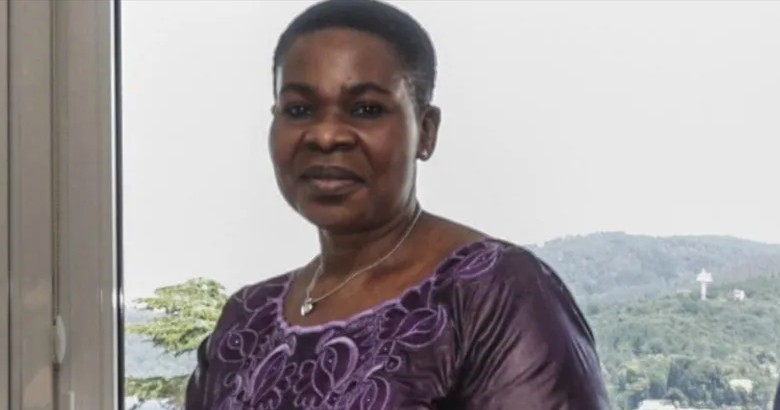Somalia launches Danabeysan digital signature system to streamline government payments
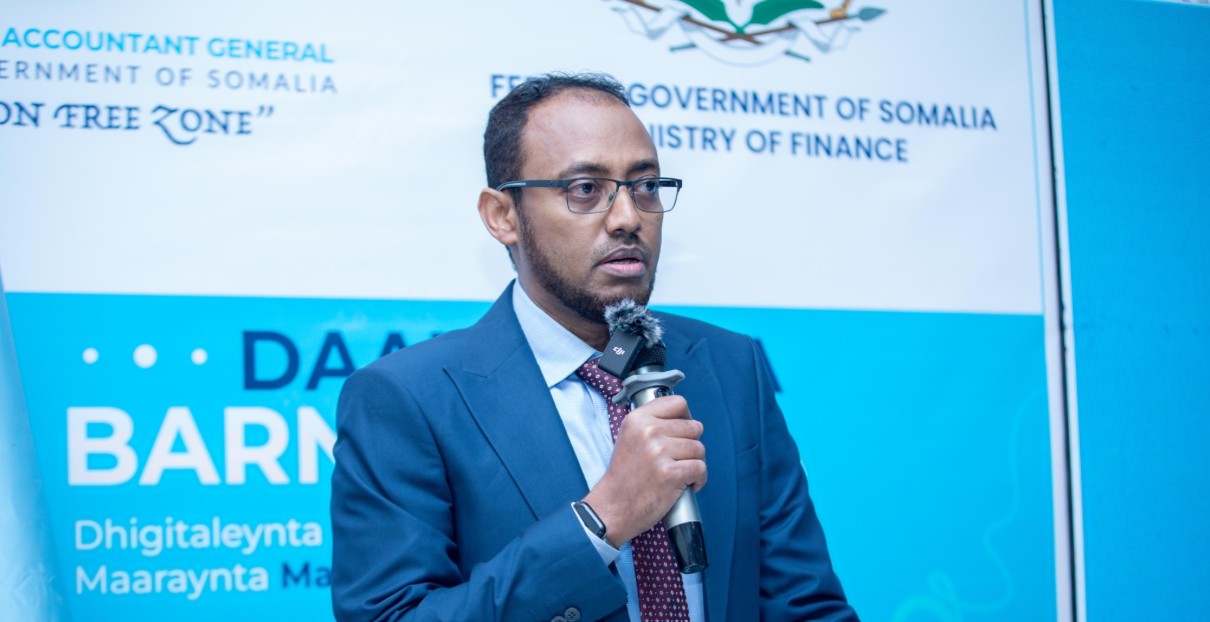
Experts noted that the system will streamline workflows by reducing duplication, directly linking authorisation to record-keeping, and strengthening internal controls.
Somalia has unveiled a new digital signature system to authorise government payments, marking a major step in the country’s financial management reforms.
The platform, named Danabeysan, was officially launched in Mogadishu on Sunday, 2025, by Minister of Finance Biihi Imaan Igeh during a ceremony attended by senior officials from various ministries and government agencies.
More To Read
- Somali President Hassan Sheikh announces new visa rules for foreign passport holders
- Somali President Hassan calls for dialogue on Nile River dispute, reaffirms strategic ties with Egypt
- Four TikTokers arrested over viral video mocking Somali president
- Somalia seeks additional Sh5 billion to print new banknotes
- Kenya appeals for global support to secure peace in Somalia, Haiti
- Kenya secures Sh958 million refunds for KDF in Somalia amid donor uncertainty
The Danabeysan platform will replace paper-based authorisation with electronic signatures, enabling faster, more secure, and easier-to-audit transactions. According to officials, the system is designed to increase transparency and accountability in how government resources are managed.
During the launch, Minister Biihi emphasised that the system will transform the way payments are processed and recorded across public institutions.
“This system represents a milestone in Somalia’s public finance sector. It ensures secure, fast, and fully auditable transactions.”
Participants from different government bodies discussed how the new platform will be integrated into their daily operations. They acknowledged that paper-based authorisation often delayed payments and created record-keeping risks. By providing a centralised platform, Danabeysan will allow ministries and agencies to approve and monitor transactions within a unified framework.
Experts noted that the system will streamline workflows by reducing duplication, directly linking authorisation to record-keeping, and strengthening internal controls. They added that it will enhance audit processes and help build public trust in government financial management.
Danabeysan is the latest in a series of financial reforms Somalia has pursued over the past decade. In 2014, the government introduced the Somalia Financial Management Information System (SFMIS), which digitised budgeting, accounting, and reporting. By 2015, more than 350 officials across dozens of budget entities were using the platform.
Federal member states have also developed their own systems, including Puntland’s PLFMIS and the BISAN platform adopted elsewhere.
Training on international public sector accounting standards has been rolled out across regions, including a 2024 session in Dhusamareb aimed at aligning Somalia’s reporting practices with global benchmarks.
These reforms have produced tangible results. Domestic revenue rose from about 32 million US dollars in 2012 to more than 329 million US dollars in 2023.
Budget execution rates improved from 71 per cent in 2013 to over 90 per cent by 2019, with 2023 revenue collections surpassing targets by over nine per cent.
However, challenges remain. Revenue levels are still low relative to the economy’s size, intergovernmental fiscal relations are unresolved, and capacity gaps at regional levels continue to affect performance.
Top Stories Today
Reader Comments
Trending
